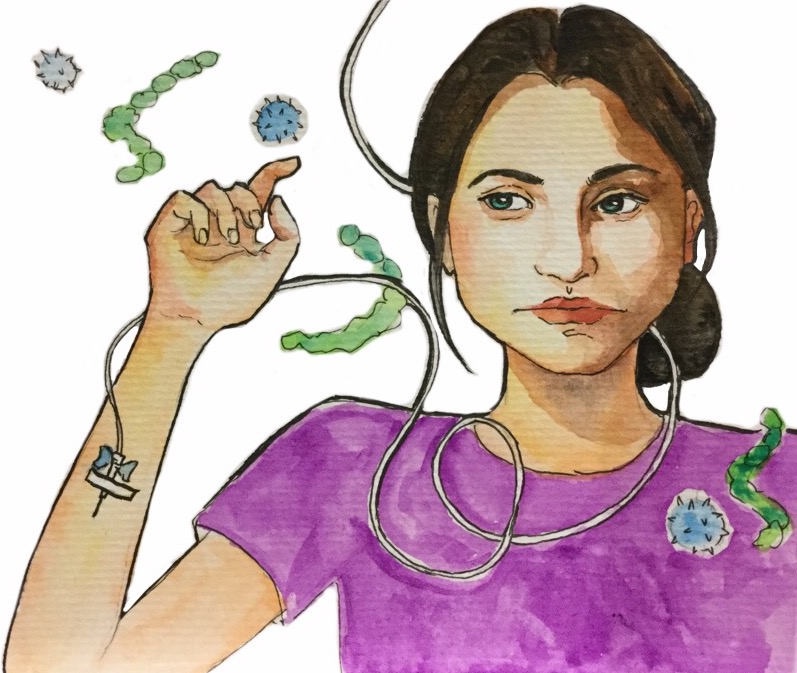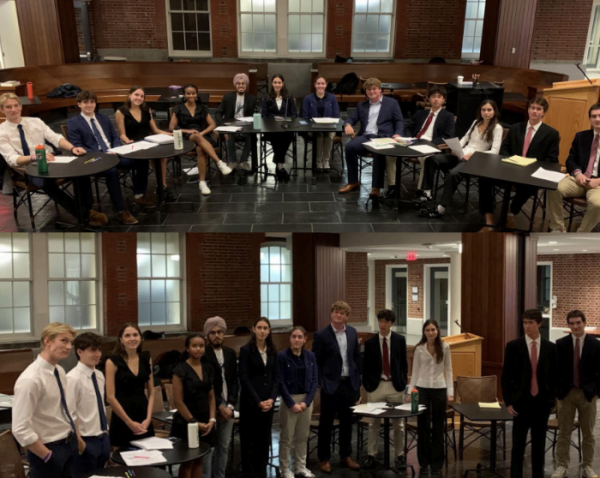Groton’s Flu Season Takes No Prisoners
48 states. 63 pediatric deaths nationwide. 15 Groton students. 150 on-campus vaccinations.
This flu season rivals that of the 2009 “swine flu” virus. While it is normal for the flu virus to vary in severity from year to year, Health Center Nurse Lynn Pittsinger said that “the flu has affected a much larger scope of people this year.” She added that it isn’t fully understood what causes the variability, but that one of the strains of the illness that is circulating , H3N2, tends to cause more severe disease.
According to the Center for Disease Control (CDC), the flu shot typically reduces the risk of flu illness by about 40 to 60 percent. However, the vaccine is less effective against the H3N2 strain seen this year. The season’s flu vaccine had an effective rate of 39 percent overall, but was found to be about 32 percent effective against H3N2 viruses, according to the CDC.
Ms. Pittsinger noted that while the vaccine has not been extremely effective in preventing cases, it is critical in reducing the severity of the flu. She said, “we have seen a huge difference in symptoms between students who have taken the shot, and students who hadn’t. Those who hadn’t got much more sick.”
Flu activity most commonly peaks in the United States between December and February, but the 2017-18 flu season got off to an early start in Massachusetts, according to Dr. Larry Madoff, director of Epidemiology and Immunization at the Massachusetts Department of Public Health. He added that it has already quickly made its way through thousands of state residents.
This year, there have been 15 documented cases of the flu on campus. Ms. Pittsinger believes that this number is larger than it has been in previous years, even though the School does not keep formal data on past Groton flu cases. The predominant symptom among Groton cases has been severe chills.
The Health Center has taken steps to prevent the contraction and spread of the flu. They have vaccinated more than 150 students, and conducted extensive flu tests. When they detect that a student has the flu, they put him or her on Tamiflu antiviral medication, which lessens the severity and duration of the flu, as well as prevents the spread of the virus. Infected students are required to stay in the health center for five days, and are released when they have been fever-free for 24 hours.
To prevent the flu, Ms. Pittsinger recommends that all students receive the vaccine, wash their hands thoroughly, and refrain from touching their faces.











